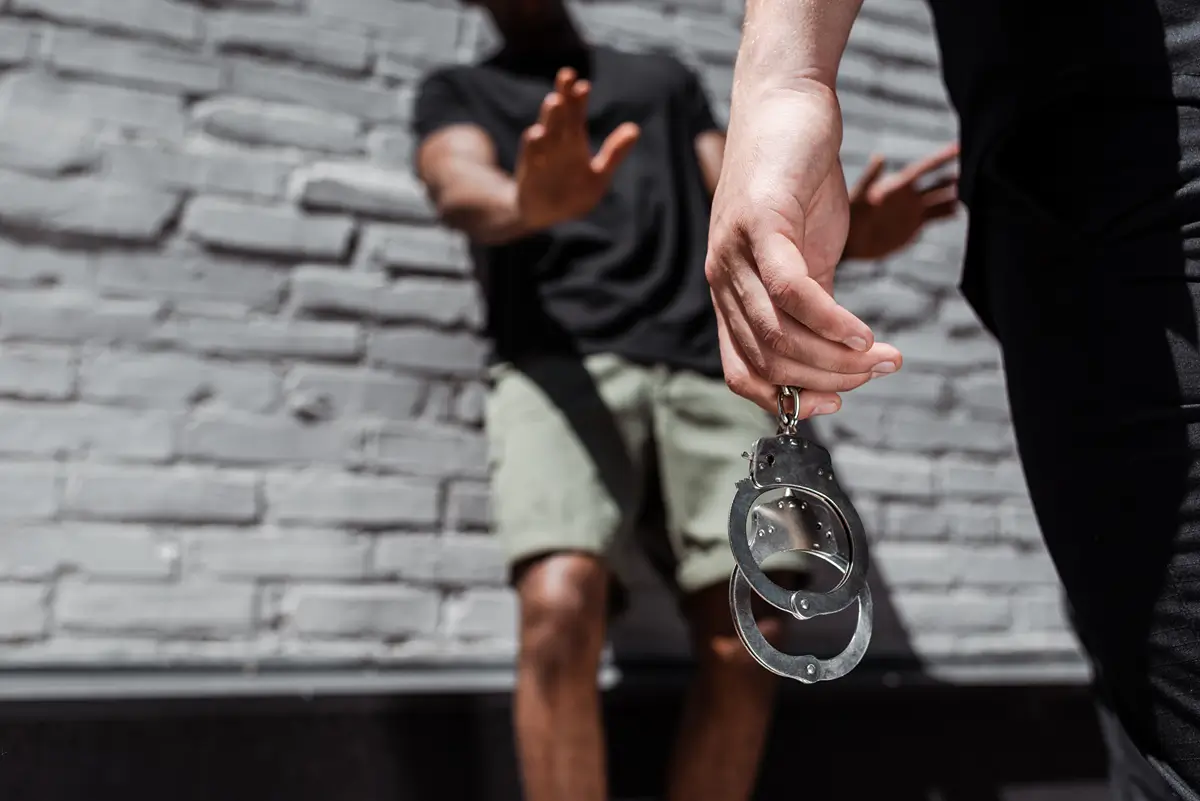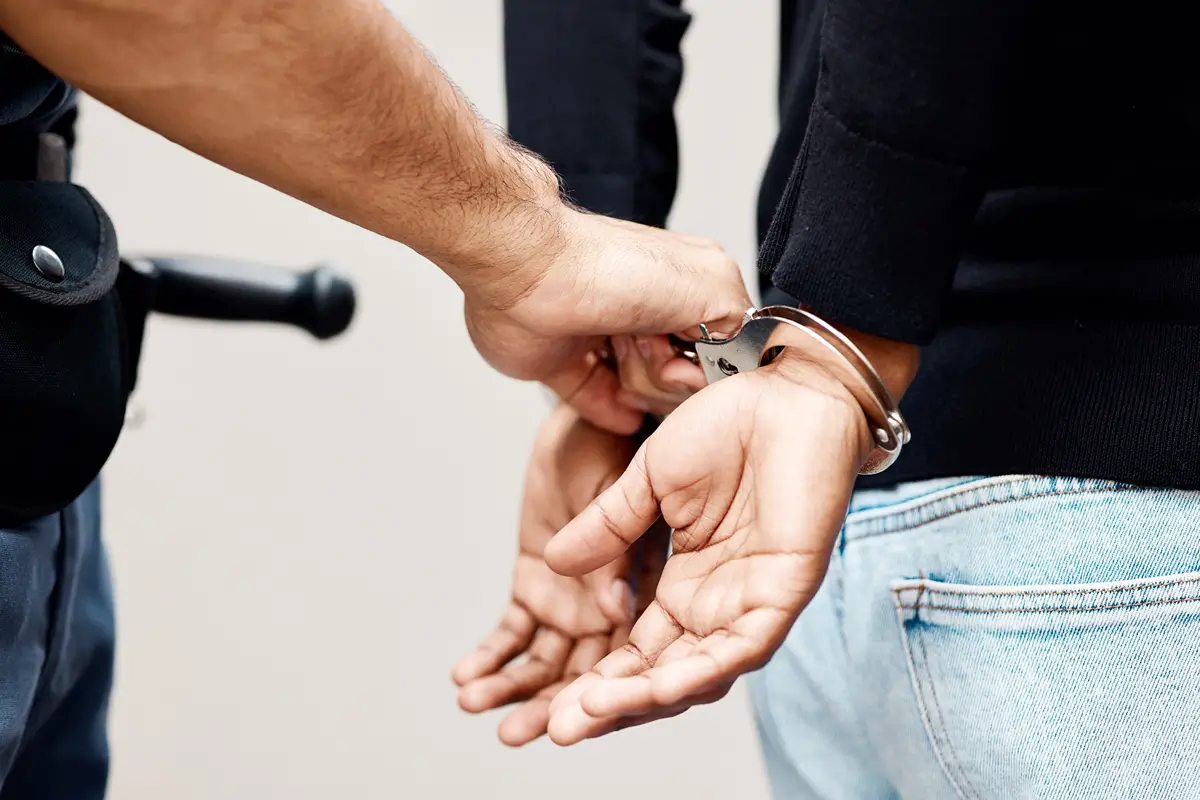Sometimes, no matter how much work an attorney puts into a case, it’s simply not possible to put forward a successful trial defense. Sometimes the evidence that the State has is too strong to argue about the existence of reasonable doubt, and sometimes the consequences of losing at trial would expose a defendant to a more serious penalty than they would receive if they were to reach an agreement with the prosecutor. This bargaining with the State to get the best outcome possible on a case is known as “plea bargaining” and the final document that resolves the case is known as a “plea agreement.”
Because of the way the criminal justice system is currently set up, more than 95% of all cases filed do result in a plea agreement of some type. Now, I want to make something VERY clear right now: IF YOU ARE NOT GUILTY OF A CRIME, DO NOT PLEAD GUILTY TO IT. Pleading guilty means that you are going to be convicted of whatever it is that you’re pleading guilty to. There are no take-backs in the criminal justice system. There are a number of long-term consequences to having a criminal conviction, including loss of employment, loss of ability to find future employment, and an inability to rent an apartment that people don’t always consider before they plead guilty. We speak with a lot of people who tell us that they pled guilty because they didn’t want to deal with the case, or that they just wanted it to be over, and now they’re having problems moving on with their life. A guilty plea is forever, and you need to understand the consequences of your actions before pleading guilty.
A common myth about plea agreements is that a defendant is entitled to three plea agreements from the State. This is absolutely, positively, 100% NOT TRUE. You actually have NO RIGHT to a plea agreement of any type. Prosecutors will offer plea agreements in an effort to avoid the time that a trial takes, but you aren’t guaranteed any specific plea agreement just because you want it. Remember, the process is called plea BARGAINING, which means that both sides have to feel like they’re getting something of value. The way I usually try to explain it is to compare it to a carrot and a stick: the more carrots you want, the more whacks with a stick you have to be willing to take. For example, if the State wants you to be on probation for a year, but you don’t want to be on probation at all, you may need to serve a little bit of time in jail to balance it out in the State’s mind. Simply agreeing to plead guilty usually isn’t enough to convince the State to give you whatever you want as part of the Agreement. Remember that the police usually do their jobs correctly, and if the State is agreeing to a lower-level charge than what they originally filed, they’re giving up the opportunity to ask for more prison time if you lose at trial.
Several factors can influence the type of plea agreement that you are offered. The most important one is the charge that you’re facing. Serious, violent offenses are much more likely to result in harsher plea agreements than lower-level offenses. For example, a person accused of robbery is going to receive a harsher plea offer than a person who’s only accused of theft. The next most important factor is a person’s criminal history. A person who’s been convicted multiple times is a lot less likely to receive a completely suspended sentence than a person with no criminal history. Judges and prosecutors tend to operate on the belief that if you aren’t learning your lesson on any of the previous times that you’ve been convicted, eventually you stop giving a person second (or third, or fourth) chances. The same holds true for a person that has a history of failing to successfully complete probation or other alternative sentences. If the perception is that we would just be back in Court a few months later on a violation hearing, there’s not a lot of point in resolving the case with just probation.
The final thing that can affect the quality of your plea agreement is the quality of your attorney. A good attorney can review the facts of your case and work your defense into a form that can make the prosecutor think about whether they actually DO have enough evidence for a conviction. This can translate into much more favorable terms, including less time behind bars, less time on probation, and fewer special terms of probation, all of which can save you money and can allow you to get back to your normal life as soon as possible.
At Razumich & Associates, our goal is to make sure that each of our clients receives the personalized attention that their cases deserve so that they can make the best possible decisions on important matters affecting their future. We personally meet with everyone who sets an appointment with our office, and we will take as long as necessary to make sure that every question you have is answered as completely as possible. That’s our promise to you: we’re Lawyers Ready to Fight, and we look forward to fighting for you.






